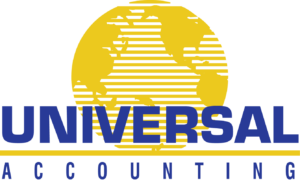Resources, Timeline, Scope, and Budget

Tasks. We already talked about the importance of breaking a project down into individual tasks. Ask yourself how long it will take to complete them, who will be responsible for them, and what needs to happen before you or an employee can even begin a particular task.Schedule. In order to create a timeline you must associate tasks with individual deadlines. As you do so you must determine how to order all these tasks chronologically.Critical Path. As you order your tasks you’ll recognize those that are critical to the completion of a project, also called critical tasks. When creating a critical path you must determine how long each of these critical tasks will take; this can help you determine how quickly you can actually complete the overall project. Any extra time you include will prolong your timeline.
BudgetObviously the budget determines how much it will cost to complete the project. As you account for the time employees will spend on individual tasks and any other resources that will be used (including your billable hours), you can determine how much it will cost you to complete the project. In this respect you can estimate how much you should charge your client for these services.While it may sound as if project management will require a lot of time and energy on your part, you can determine how rigorously you want to manage your projects. Whatever you decide, taking the time to analyze each of these elements as they apply to your workload will help you better manage your day-to-day activities, and may, in the end, make you more productive. Come back next week when we will discuss important project management tips.
Share this post: on Twitter on Facebook on Google+




